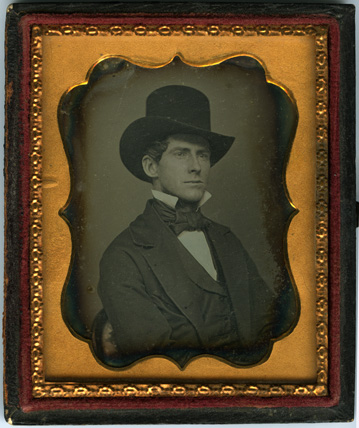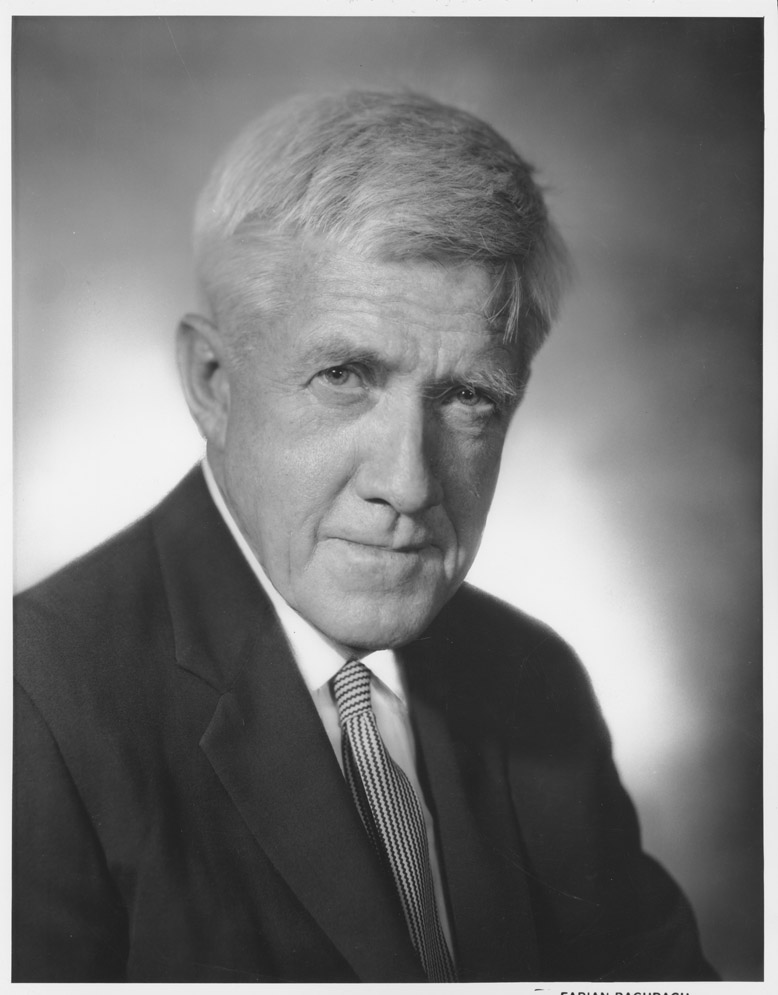Levi Stockbridge Papers

Born in Hadley, Mass., in 1820, Levi Stockbridge was one of the first instructors at Massachusetts Agricultural College and President from 1879-1882. Known for his work on improving crop production and for developing fertilizers, Stockbridge was an important figure in the establishment of the college’s Experiment Station. After filling in as interim President of MAC in 1879, he was appointed president for two years, serving during a period of intense financial stress. After his retirement in 1882, he was named an honorary professor of agriculture.
The Stockbridge Papers include correspondence, personal notebooks, travel diary, journal as a farmer (1842-1845), writings, lectures, notes on experiments, clippings, photocopies of personal and legal records, and biographical material, including reminiscences by Stockbridge’s daughter. Also contains auction records, notebook of Amherst, Massachusetts town records (1876-1890), and printed matter about Amherst and national elections, including some about his candidacy for Congress on Labor-Greenback party ticket 1880. Also contains papers (13 items) of Stockbridge’s son, Horace Edward Stockbridge (1857-1930), agricultural chemist and educator, including a letter (1885) from him to the elder Stockbridge, written from Japan while he was professor at Hokkaido University.


